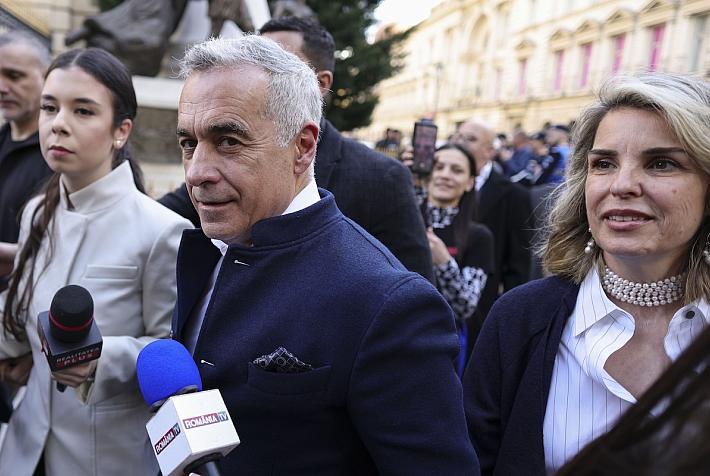International Monetary Fund voices concerns in fifth review of Greece's stand-by agreement
 The recession in Greece is deeper than originally projected and will remain so in 2012, found the International Monetary Fund's (IMF) fifth review on the country. With the report will come another release of EU funds, a further EUR 5.8 billion. So far, eurozone countries have disbursed EUR 47.1 billion of the EUR 80 billion committed.
The recession in Greece is deeper than originally projected and will remain so in 2012, found the International Monetary Fund's (IMF) fifth review on the country. With the report will come another release of EU funds, a further EUR 5.8 billion. So far, eurozone countries have disbursed EUR 47.1 billion of the EUR 80 billion committed.
Although a return to positive GDP growth is predicted for 2013 (a year later than original predictions), the authors of the review still believe the process is very fragile. “Still, risks to the program remain large, both from external sources (the worsening outlook for the euro area), and internal sources (a relapse into weak implementation),” the review summarizes on the program's status.
The fund acknowledges the new Greek government's efforts to follow IMF recommendations and details some success in reducing the deficit. But implementation of fiscal reform has been delayed, according to the report. This was due to a number of factors including technical difficulties and a disconnection between legislation and implementation. The worse than anticipated recession has also upset the IMF's applecart, “After a large adjustment in 2010, fiscal policy has struggled to keep up with recessionary pressures.” The latest figures for the deficit are also worse than expected – 9 percent of GDP deficit for 2011 rather than the 7.5 percent projected. Measures taken have proved ineffective due to changing (and generally worsening) economic conditions. Despite the set backs, representatives of the Greek government said in a statement that Greece, “is fully committed to delivering what has been agreed to with the IMF and the EU institutions. To this end the letter of intent signed by the Minister of Finance and the Central Bank Governor has been explicitly endorsed by the leaders of the two main parties supporting the government.”
A sense of mutual appreciation between the present Greek government and the IMF runs through the review: the IMF believes the government is doing the right thing and government representatives pledge, via statements and a letter of intent included in the review, to follow the IMF's spending and fiscal reform guidelines.
Liam Lever liam@romania-insider.com
(photo source: IMF)











